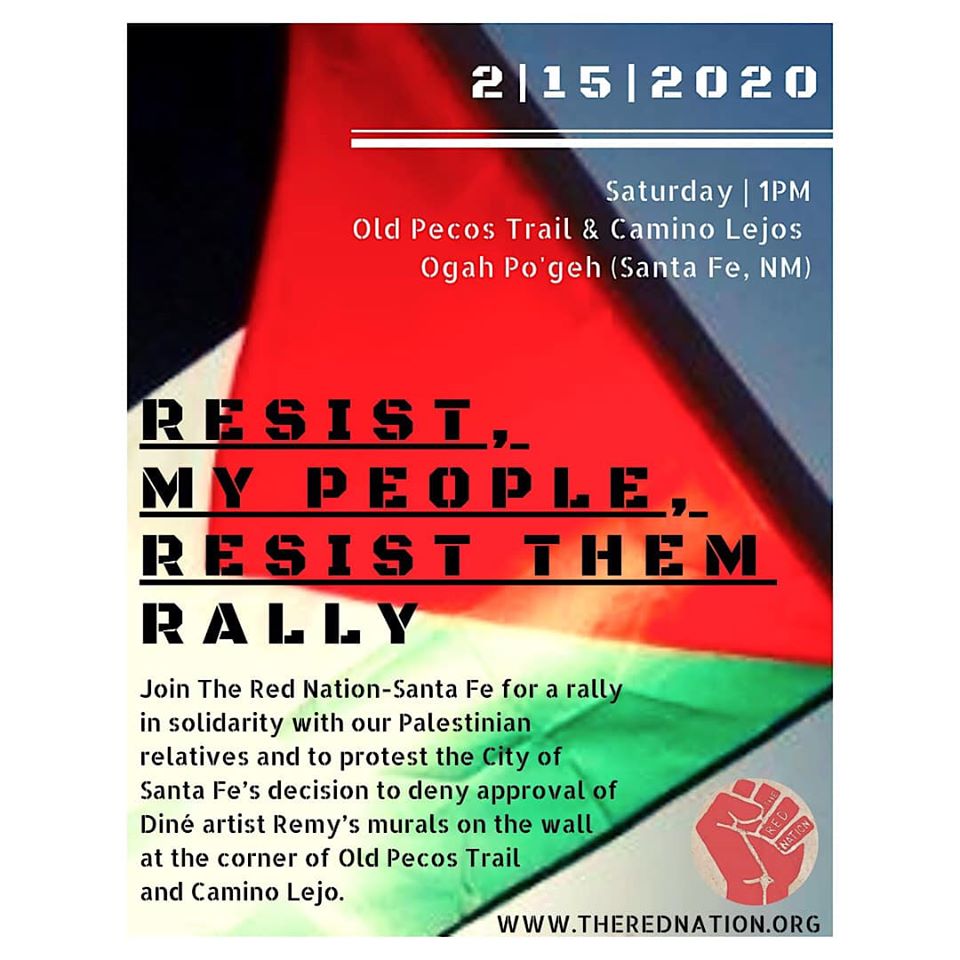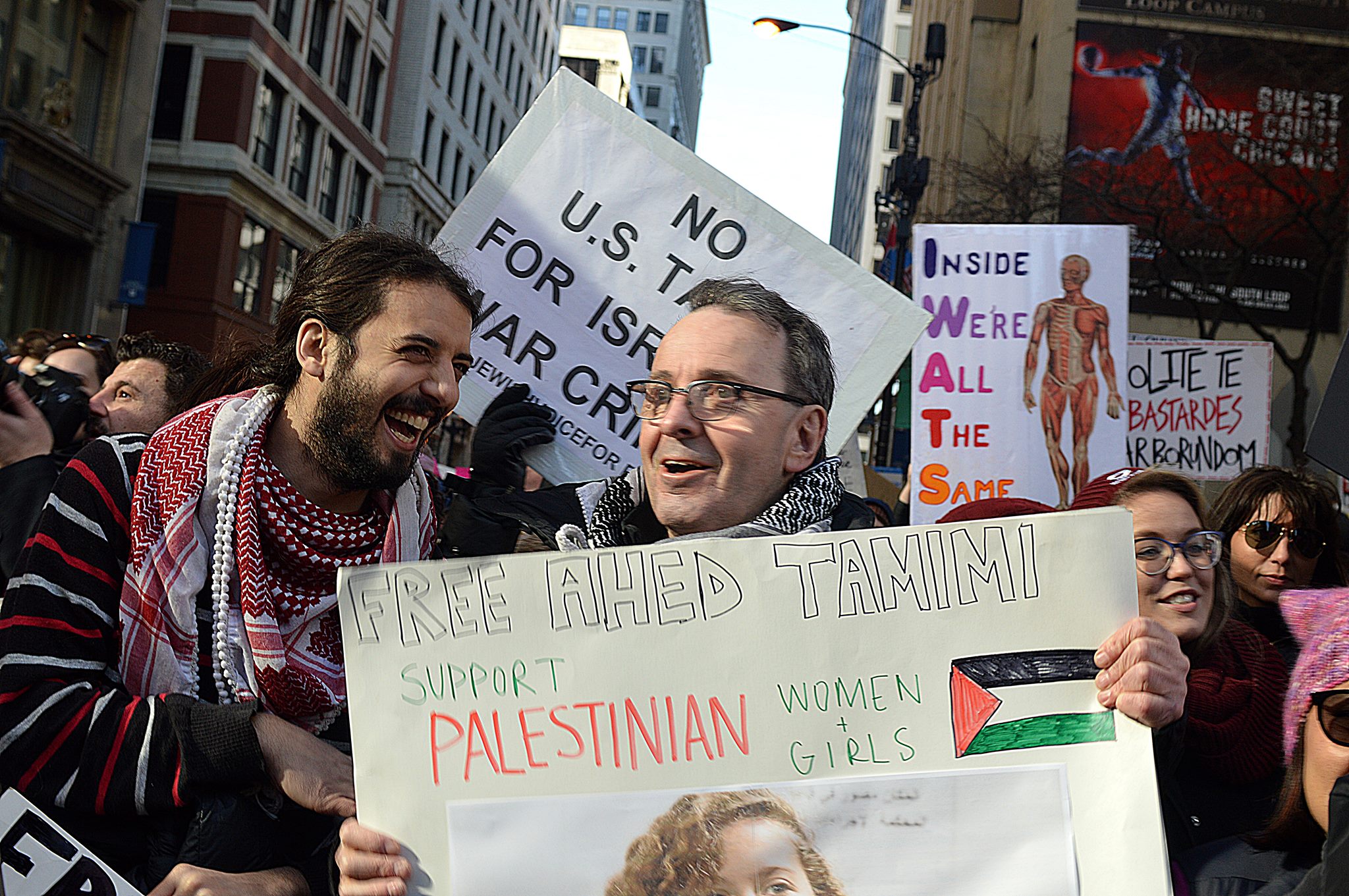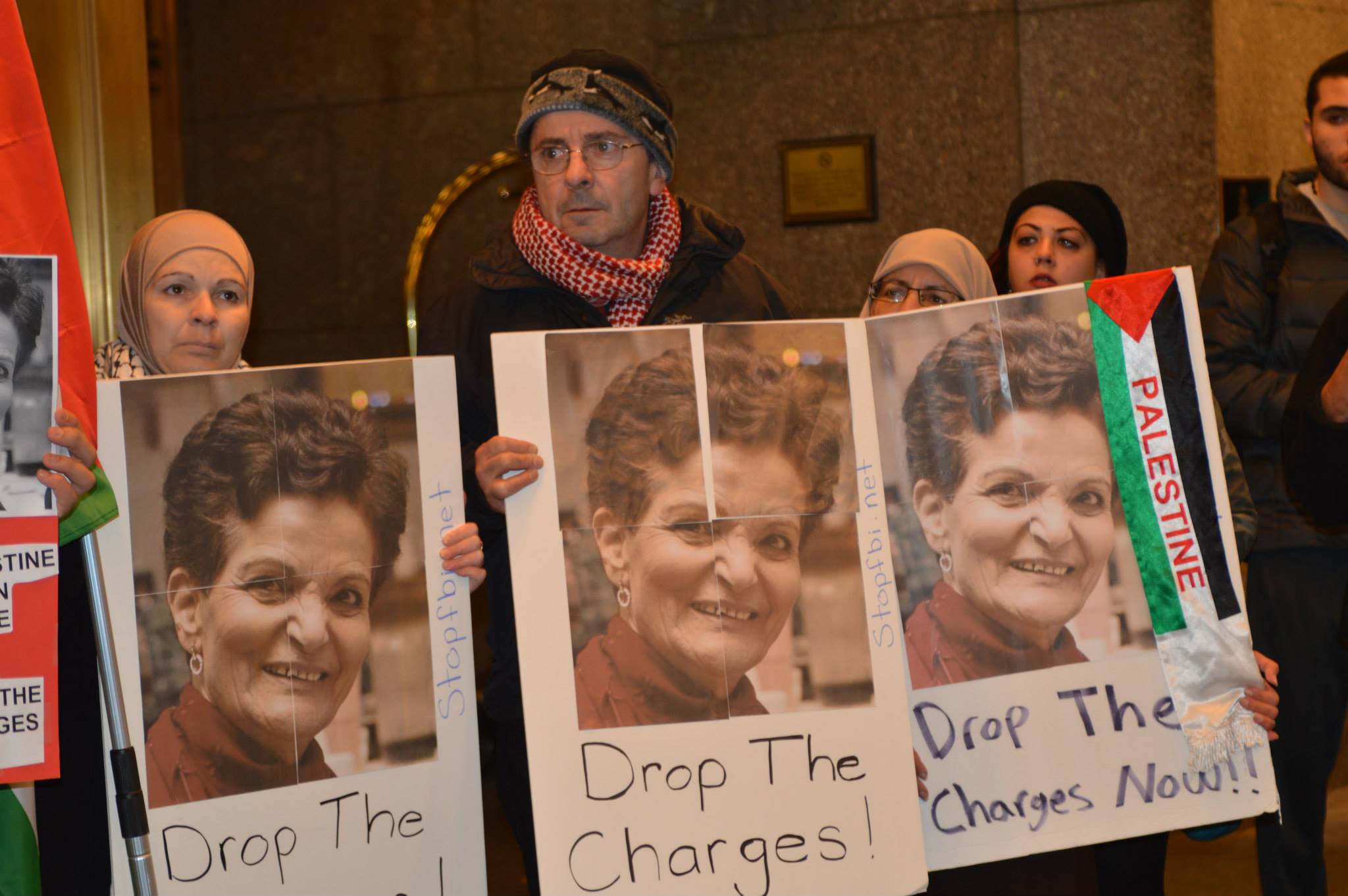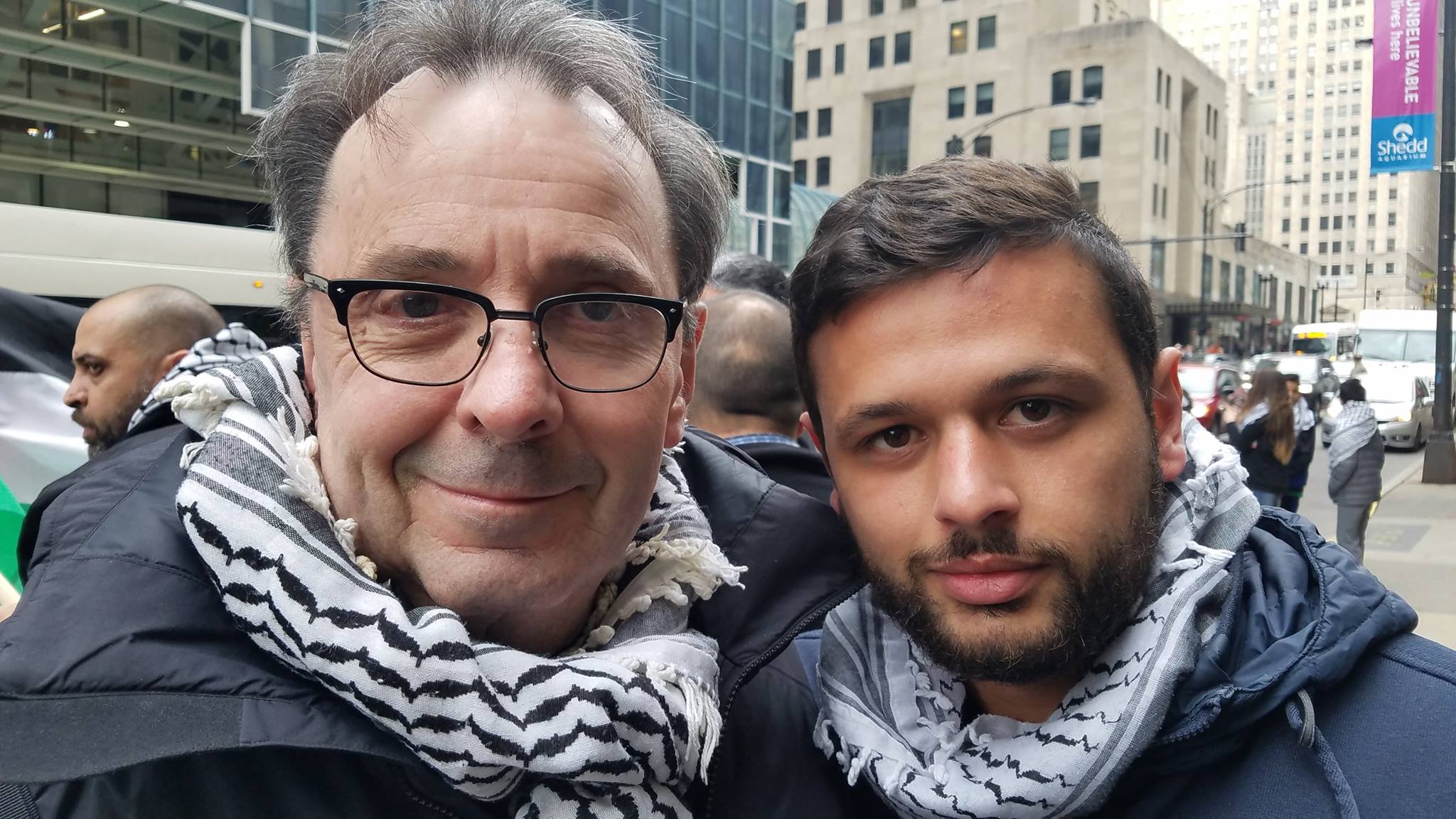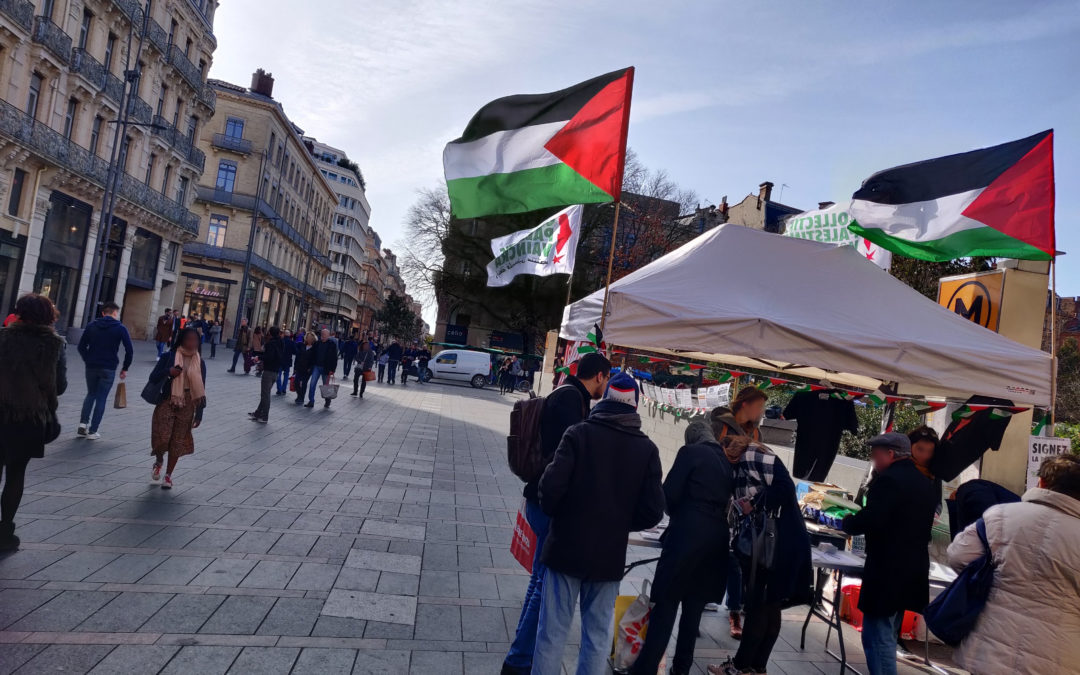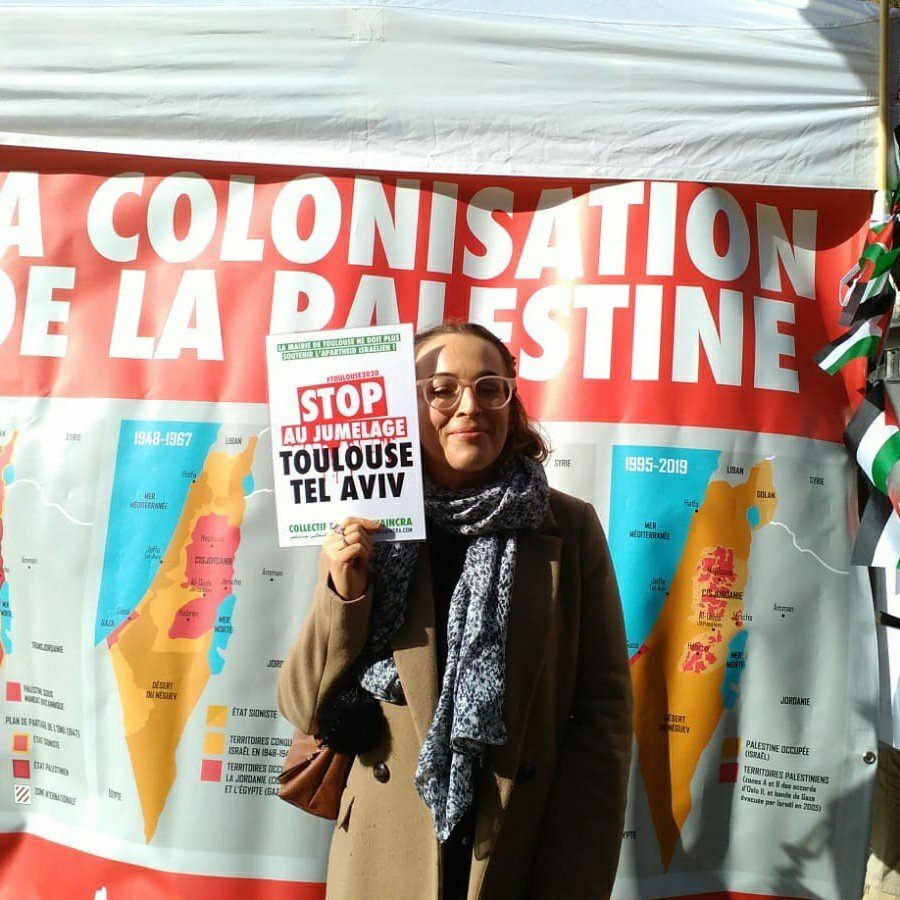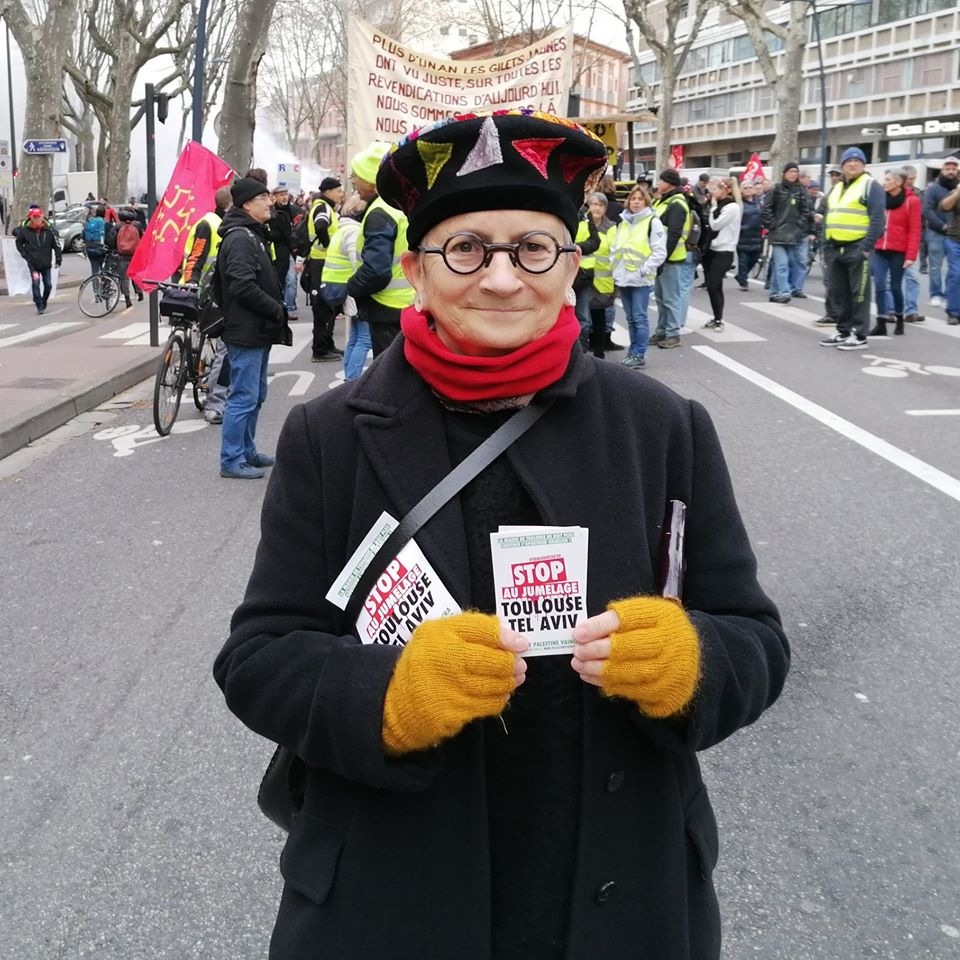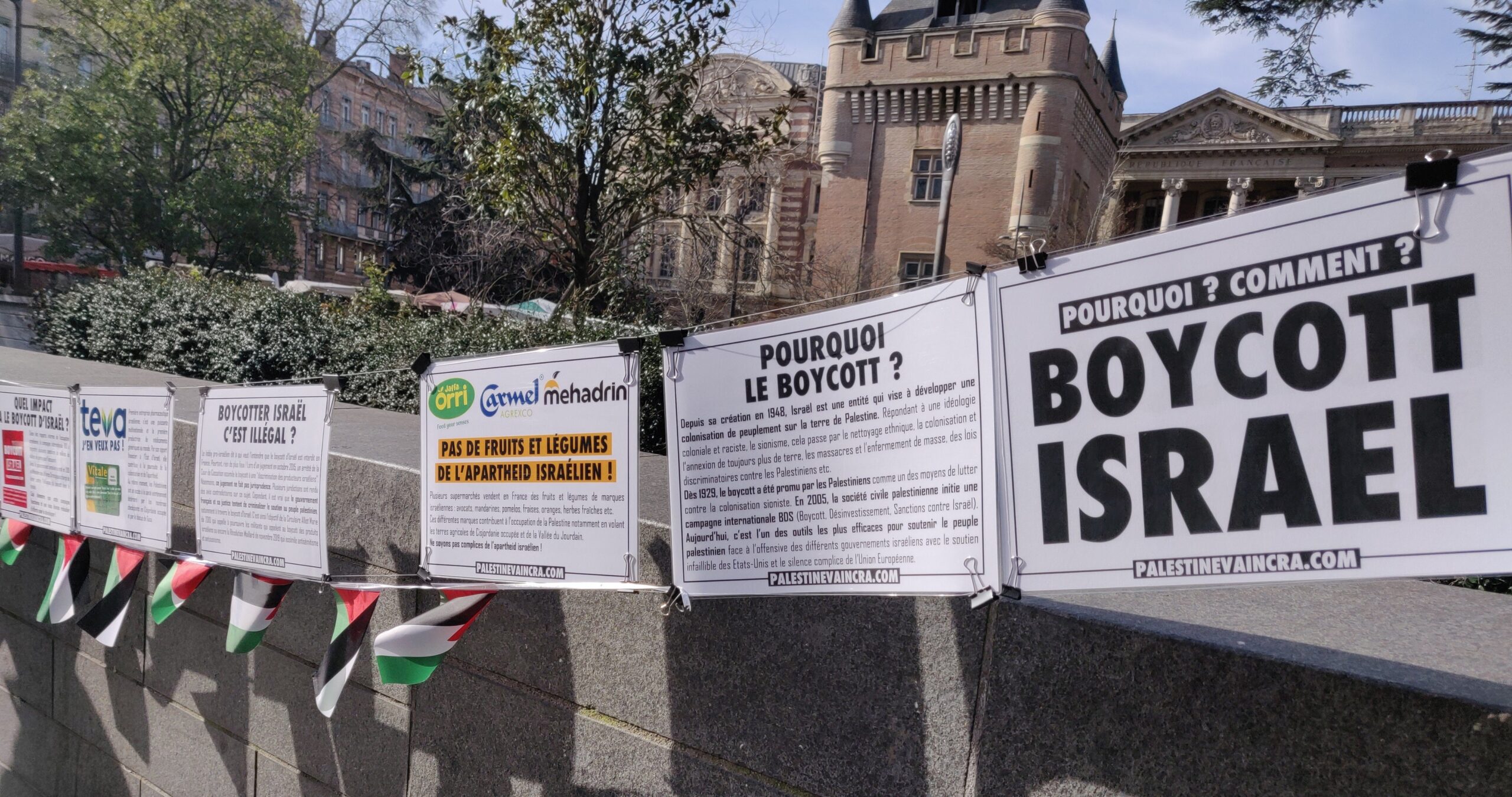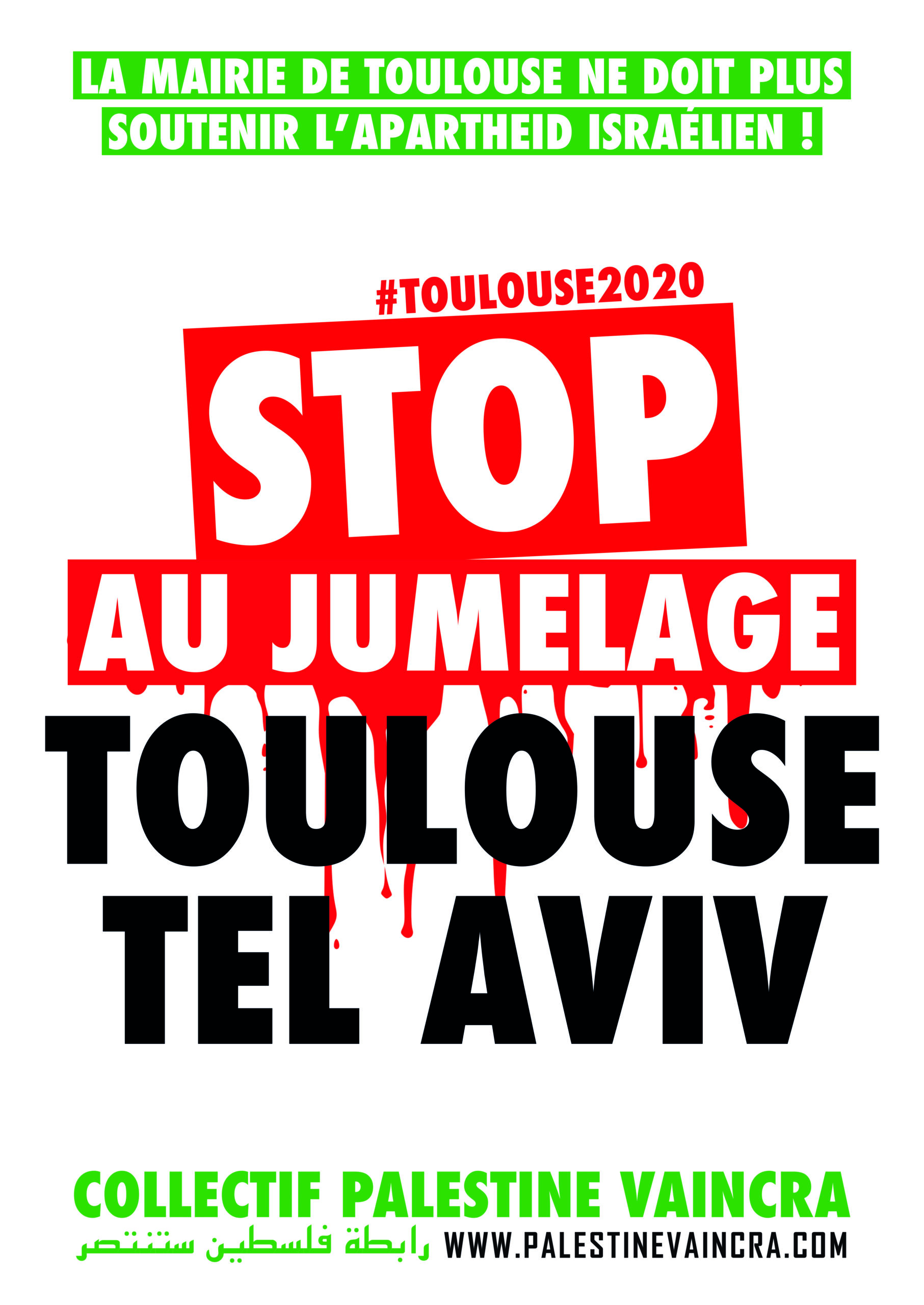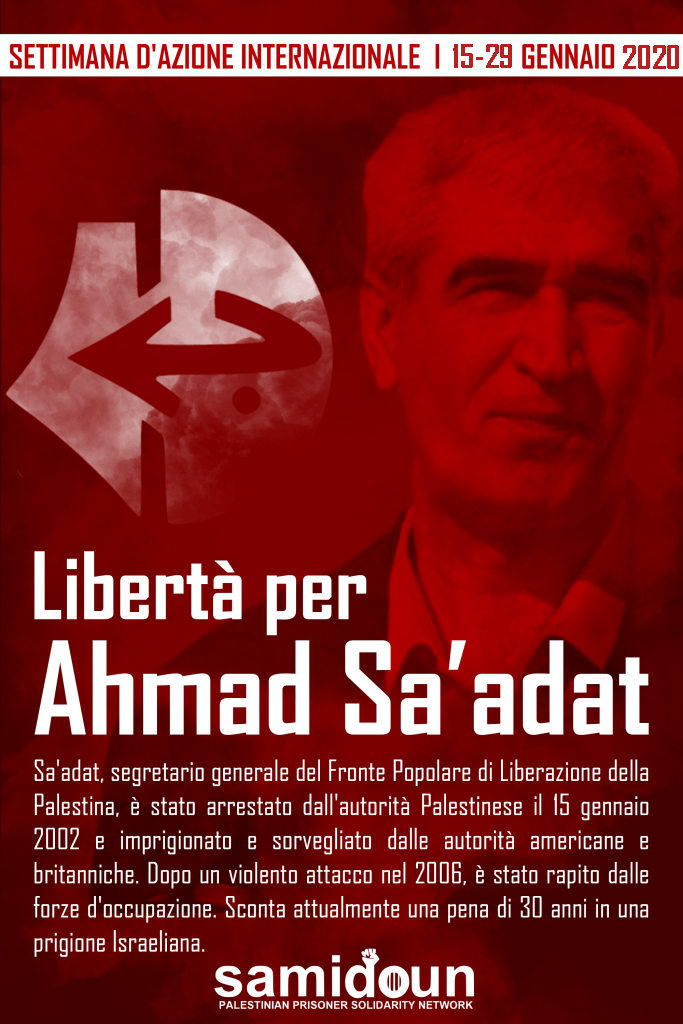There are a series of ongoing events being organized in Amsterdam by a number of organizations, including Samidoun Netherlands, the Palestinian Community in the Netherlands, Students for Justice in Palestine, the Netherlands Palestine Committee and more. Join these events on 7 to 9 February in Amsterdam to stand with the Palestinian people’s struggle for liberation!
Friday, 7 February
12:45 pm
Dam Square
Amsterdam, Netherlands
Facebook: https://www.facebook.com/events/223371825356308/
Friday, 7 February
5:00 pm
De Dam
Amsterdam, Netherlands
Facebook: https://www.facebook.com/events/572500350274346/
Sunday, 9 February
2:00 pm
Dam Square
Amsterdam, Netherlands
Facebook: https://www.facebook.com/events/187043439046066/
AGAINST the Steal of the Century – FOR Palestinian liberation
Palestinians and their supporters were confronted last week with the “Steal of the Century.” There are demonstrations in cities around the world against the war plan of Trump-Netanyahu that stands for military colonization, mass imprisonment and making Palestinian self-determination impossible.
Palestinians are clearly stating their demands: the liberation of Palestine from the river to the sea, the Right of Return and freedom for all political prisoners.
Together we will continue these protests in the Netherlands on Friday evening at Dam Square, Amsterdam at 17:00h. We call on all supporters of Palestine to protest together against the “Steal of the Century” and for the liberation of Palestine. From Palestine to Sudan, from the Netherlands to Morocco: freedom for Palestine!
We encourage everyone to bring Palestinian flags, self-made posters and megaphones. United we stand strong against this new US-Israeli attack! Freedom for Palestine! Boycott Israel!
This protest is supported by Studenten voor Rechtvaardigheid in Palestina – SRP, The Voice of Palestinian Students – صوت طلبة فلسطين, Samidoun Nederland, Palestijnse Gemeenschap
In the afternoon, at 13:00h, there is an action of Vrouwen in het Zwart en Nederlands Palestina Komitee at Dam Square. We protest in the evening at 17:00 because most people have finished work, study or Friday prayer.
TEGEN de Steal of the Century – VÓÓR Palestijnse bevrijding ضد سرقة القرن – من أجل تحرير فلسطين
Palestijnen en hun supporters werden afgelopen week geconfronteerd met de “Steal of the Century.” In steden over de hele wereld wordt gedemonstreerd tegen het oorlogsplan van Trump-Netanyahu dat staat voor militaire kolonisatie, massa-opsluiting en het onmogelijk maken van Palestijnse zelfbeschikking.
Palestijnen laten duidelijk hun eisen horen: de bevrijding van Palestina van de rivier tot aan de zee, het Recht op Terugkeer en de vrijlating van alle politieke gevangenen.
We nodigen iedereen uit om deze protesten samen voort in Nederland op vrijdagavond op de Dam in Amsterdam om 17:00 uur. We roepen alle supporters van Palestina op samen te protesteren tegen de “Steal of the Century” en vóór de bevrijding van Palestina. Van Palestina tot Soedan, van Nederland tot Marokko: vrijheid voor Palestina!
Neem vooral Palestijnse vlaggen, zelfgemaakte posters of je megafoon mee. Samen staan we sterk tegenover deze nieuwe Amerikaans-Israëlische aanval! Vrijheid voor Palestina! Boycot Israël!
Dit protest wordt gesteund door Studenten voor Rechtvaardigheid in Palestina – SRP, The Voice of Palestinian Students – صوت طلبة فلسطين, Samidoun Nederland, Palestijnse Gemeenschap
In de middag, om 13:00u, is er ook een actie van Vrouwen in het Zwart en Nederlands Palestina Komitee op de Dam. Wij demonstreren in de avond om 17:00u omdat veel mensen dan klaar zijn met werken, studeren of het Vrijdaggebed.
ضد سرقة القرن – من أجل تحرير فلسطين
الفلسطينيون و داعموهم كانوا في مواجهة مع “سرقة القرن” في الاسبوع المنصرم، لذلك هناك موجة مظاهرات في جميع مدن العالم ضد خطة حرب ترامب-نتنياهو التي تمثل الاستعمار و التقييد الجماعي للفلسطينيين كما هذه الخطة تجعل من حق تقرير المصير للفلسطينيون مستحيلاً.
يقول الفلسطينيون بوضوح مطالبهم: تحرير فلسطين من النهر إلى البحر ، وحق العودة والحرية لجميع الاسرى.
سنواصل معًا هذه الاحتجاجات في هولندا مساء يوم الجمعة في ساحة دام بأمستردام في الساعة 17:00. ندعو جميع مؤيدي القضية الفلسطينية إلى الاحتجاج سوية ضد “سرقة القرن” و لا ننسى الدعوة لتحرير فلسطين.
من فلسطين إلى السودان ، ومن هولندا إلى المغرب: الحرية لفلسطين!
نشجع الجميع على إحضار الأعلام الفلسطينية والشعارات المصنوعة يدويا وطبعا بعض مكبرات الصوت اذا اتيحت.
متحدين سنقف بقوة ضد هذا الهجوم الأمريكي الإسرائيلي الجديد! الحرية لفلسطين! قاطع إسرائيل!
هذا الاحتجاج مدعوم من قِبل studenten voor Rechtvaardigheih@ في فلسطين – SRP ، صوت الطلاب الفلسطينيين – صوت طلبة فلسطين ، Samidoun Nederland ، Palestijnse Gemeenschap
في فترة ما بعد الظهر ، في تمام الساعة 13:00 ، هناك نشاط لحركتا Vrouwen Zwart en Nederlands Palestina Komitee في ميدان Dam. نحتج في المساء في الساعة 17:00 لأن معظم الناس قد أنهوا العمل أو الدراسة أو صلاة الجمعة.
